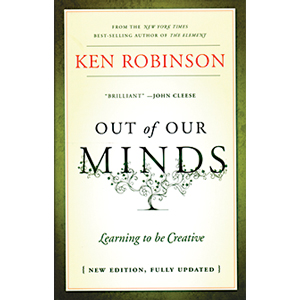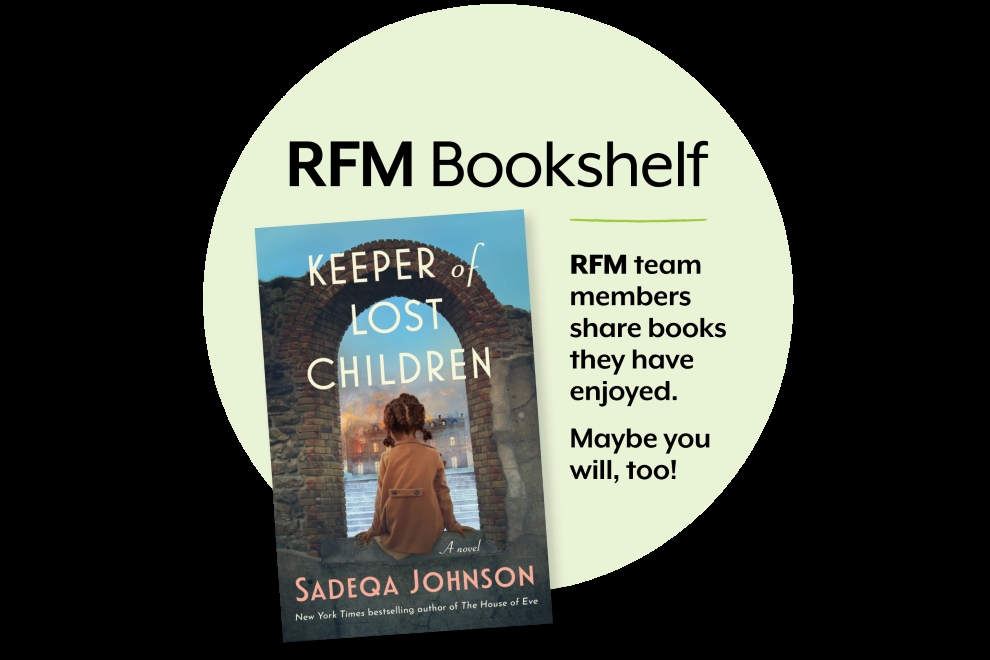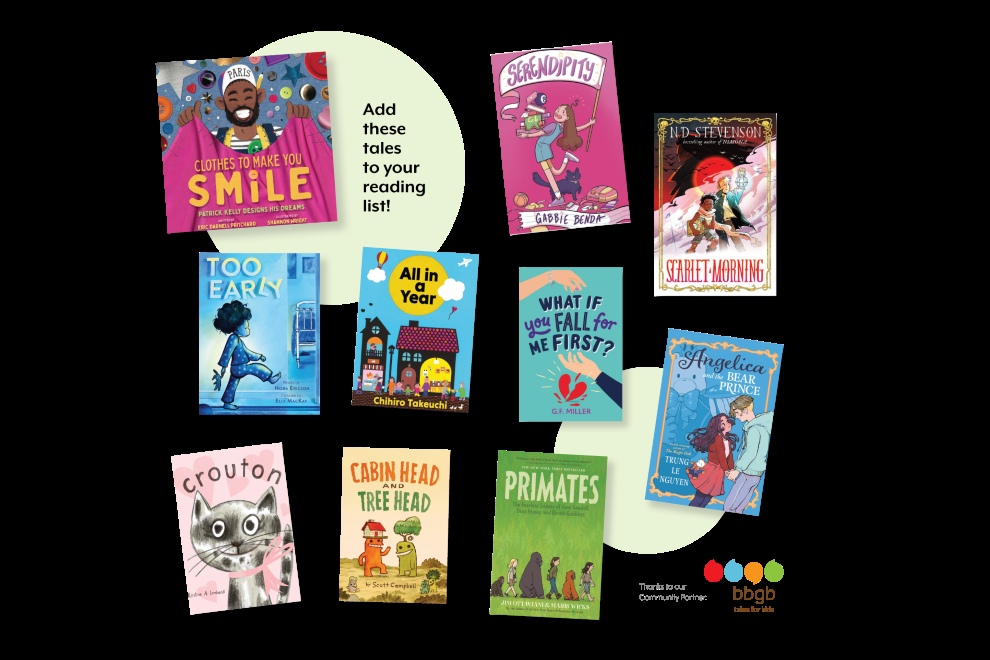 “The rate and scale of change engulfing the world is creating a tidal shift in how people live and earn their living,” Ken Robinson explains. “We now need to be equally radical in how we think of education. Raising academic standards alone will not solve the problems we face: it may compound them. To move forward we need fresh understanding of intelligence, of ability, and of the nature of creativity.”
“The rate and scale of change engulfing the world is creating a tidal shift in how people live and earn their living,” Ken Robinson explains. “We now need to be equally radical in how we think of education. Raising academic standards alone will not solve the problems we face: it may compound them. To move forward we need fresh understanding of intelligence, of ability, and of the nature of creativity.”
Out of Our Minds argues academic ability is only part of one’s whole intelligence, and unfortunately, while school systems claim they want to promote creativity, they actually stifle it by failing to provide the conditions necessary for innovation. As a result, Robinson believes “to educate people for the future, we must see through the academic illusion to their real abilities, and to how these different elements of human capacity enhance rather than detract from each other.”
According to Robinson, “Creativity is the process of having original ideas that have value.” Therefore, regardless of the discipline, creativity involves not only generating ideas but also making judgments about them. Unlike standardized tests that reward the right answers, Robinson believes with creativity, “if you’re not prepared to be wrong, it’s unlikely that you’ll ever come up with anything original.” It’s this dynamic aspect of human intelligence that our national testing trend fails to address, which is why Robinson questions the merit of pursuing mastery of such standards.
Out of Our Minds maintains that the innovations happening around the world occur “not because of the dominant cultures in education but in spite of them,” as most individuals are sacrificing their creative capacities in order to pursue an academic illusion. Therefore, Robinson believes we must embrace the fact that talent is diverse. He believes, “Cultivating the full range of students’ talents calls for a broader curriculum and a flexible range of teaching styles.” After all, Robinson reminds readers, Socrates once said, “Education is the kindling of a flame, not the filling of a vessel.”
According to Out of Our Minds, education has three core purposes:
- · Personal: to develop students’ individual talents and sensibilities.
- · Cultural: to deepen their understanding of the world around them.
- · Economic: to enable them to earn a living and be economically productive.
When looked at through these lenses, Robinson’s point becomes clear, “Creativity is not only about the arts.” He explains that looking at it as such “implies that the arts are mainly opportunities for a break from more rigorous academic work: a chance to get creative for a time, a view that misunderstands both the nature of creativity and the arts. It also implies that other disciplines, including math and science, are not creative, which is simply untrue.”
In order to promote creativity, Robinson argues we must personalize education, utilizing new technologies to their fullest. Pilot programs in New York City, like the School of One and The Blue School, are examples of radical attempts to do just that, but Robinson also praises global efforts of service-learning projects, such as The National Youth Leadership Council found in every state of America as well as 35 other countries. Robinson insists that “when students find something they enjoy and can excel in, they do better in education generally. One of the most fascinating examples of this principle is the dazzling success of the system of music education in Venezuela known as El Sistema.”
While Out of Our Minds recognizes that changing our ideas about education won’t be easy, Robinson makes a compelling case for its necessity. “Education and training are the keys to the future. A key can be turned in two directions. Turn it one way and you lock resources away; turn it the other way and you release resources and give people back to themselves.”
But just as there’s no one size fits all solution for reaching students, Robinson concludes that the most effective schools in the future will also be personalized. This is problematic, of course, because establishing such diverse learning communities will require the kind of sophisticated creative process Robinson claims most of us are unprepared for, thanks to an outdated educational system. Ultimately, this makes Out of Our Minds call for creativity that much more critical.
Don’t forget to like Parenting by the Book on Facebook for updates on blog posts.
Read my other blog Befriending Forty at http://befriendingforty.blogspot.com and find out what happens when the person you thought you’d be meets the person you actually became.



